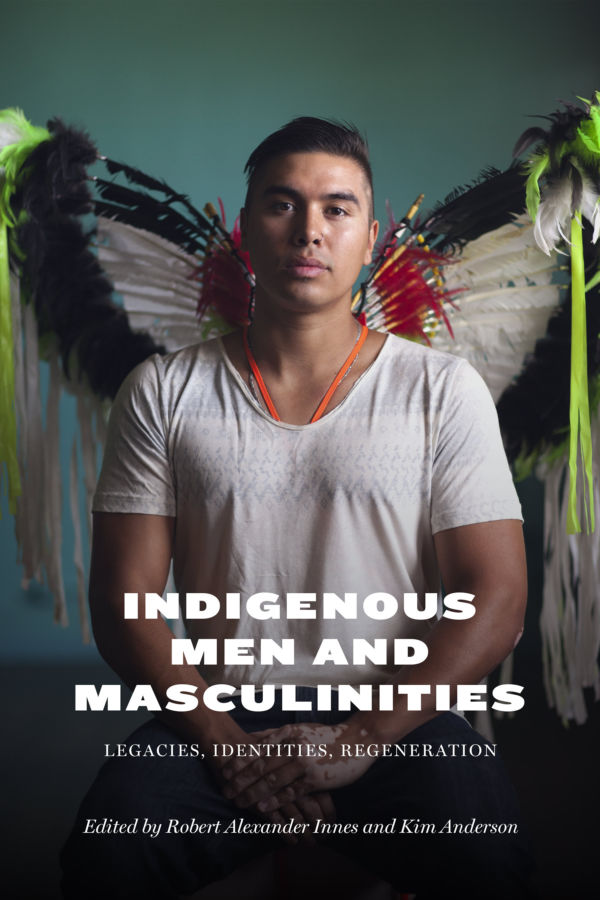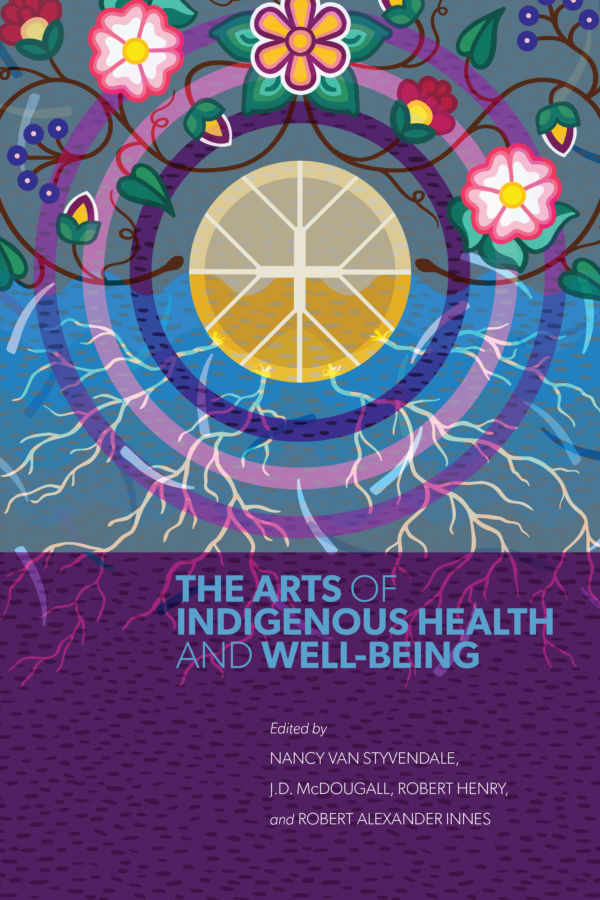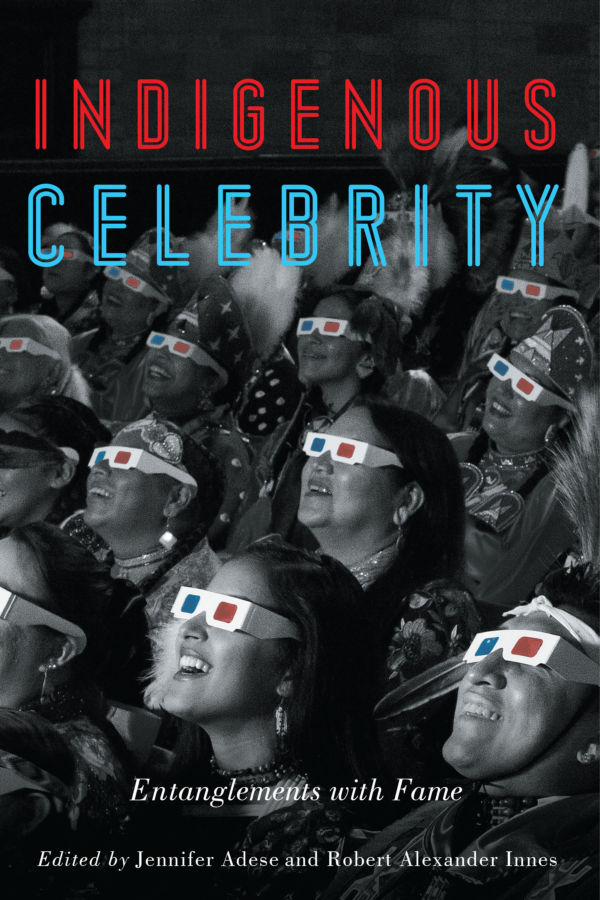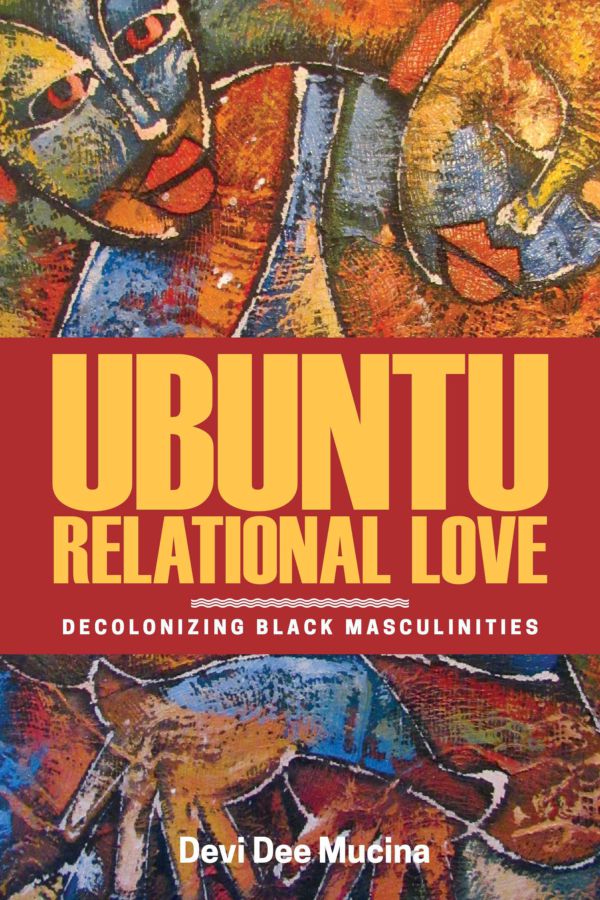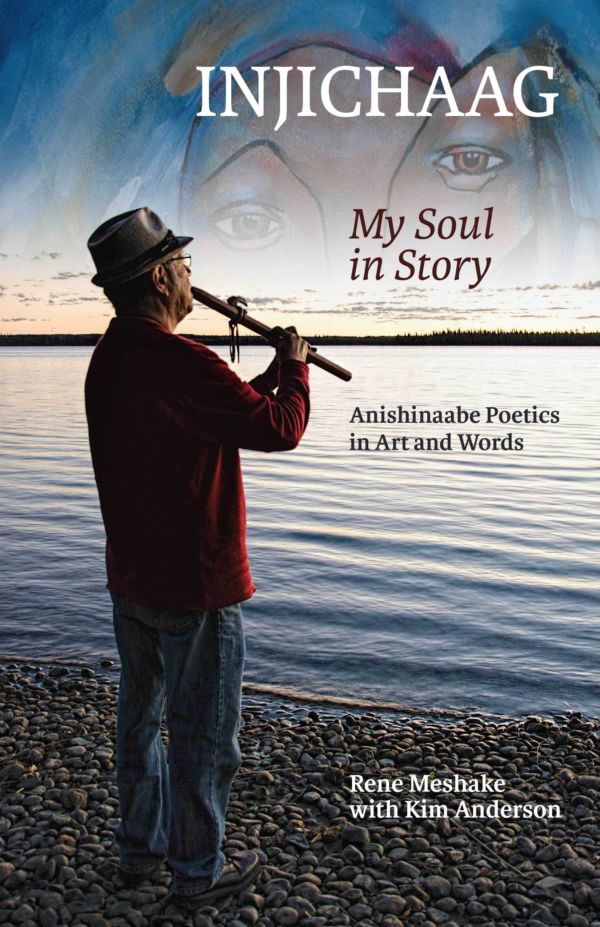Overview
What do we know of masculinities in non-patriarchal societies? Indigenous peoples of the Americas and beyond come from traditions of gender equity, complementarity, and the sacred feminine, concepts that were unimaginable and shocking to Euro-western peoples at contact. "Indigenous Men and Masculinities", edited by Kim Anderson and Robert Alexander Innes, brings together prominent thinkers to explore the meaning of masculinities and being a man within such traditions, further examining the colonial disruption and imposition of patriarchy on Indigenous men.
Building on Indigenous knowledge systems, Indigenous feminism, and queer theory, the sixteen essays by scholars and activists from Canada, the U.S., and New Zealand open pathways for the nascent field of Indigenous masculinities. The authors explore subjects of representation through art and literature, as well as Indigenous masculinities in sport, prisons, and gangs.
"Indigenous Men and Masculinities" highlights voices of Indigenous male writers, traditional knowledge keepers, ex-gang members, war veterans, fathers, youth, two-spirited people, and Indigenous men working to end violence against women. It offers a refreshing vision toward equitable societies that celebrate healthy and diverse masculinities.
Reviews
“Indigenous Men and Masculinities is unique, timely and important and expands the depth and scope of scholarly discourse on Indigenous masculinities by focusing attention on the social, psychological and political issues facing Indigenous men today as they confront colonized conceptions of manhood and the effects of colonialism on them and their communities.”
Taiaike Alfred, Indigenous Governance, University of Victoria
“Necessary reading for anyone doing work on Indigenous masculinities. It will be a touchstone in this area for some time. “
Jean-Paul Restoule, BC Studies
“A strong beginning to the work of critical studies of Indigenous masculinities.”
John Gamber, Transmotion
“The approaches and perspectives that Innes and Anderson have collected here are valuable for scholars, students, and teachers across the humanities and social sciences as they continue the important journey along the road to decolonization.”
Rob LeBlanc, The Canadian Journal of Native Studies
“We can learn a great deal about the workings of gender and the intersections with colonialism from the examples assembled by Innes and Anderson, and Indigenous Men and Masculinities will extend conversations thoughtfully about Indigenous manhood in the twenty-first century.”
Jean-Paul Restoule, BC Studies
About the Authors
Table of Contents
Introduction: Who’s Walking With Our Brothers
Part 1 Theoretical Considerations
Part 2 Representations in Art and Literature
Part 3 Living Indigenous Masculinities and Indigenous Manhood
Part 4 Conversations
Conclusion

